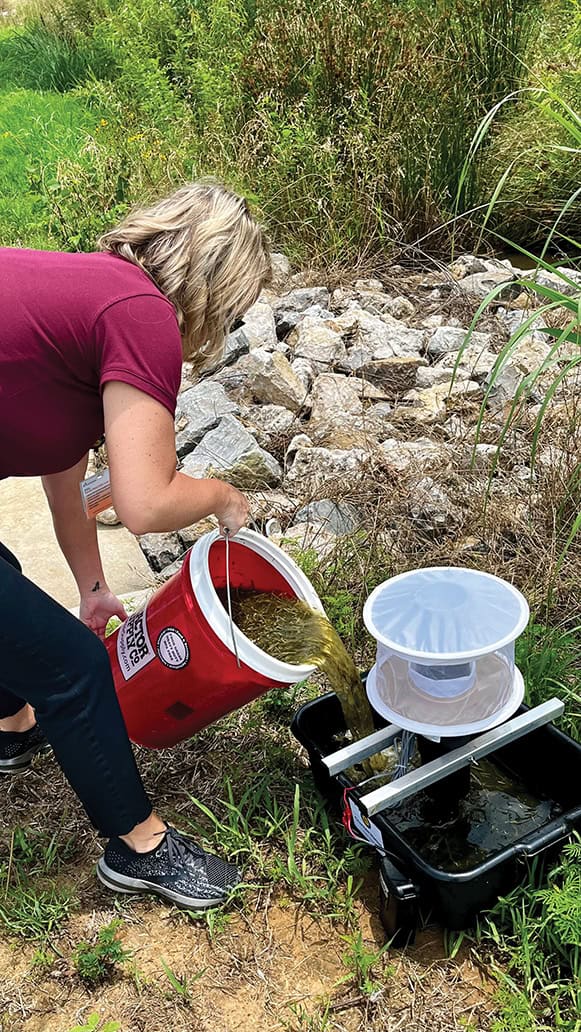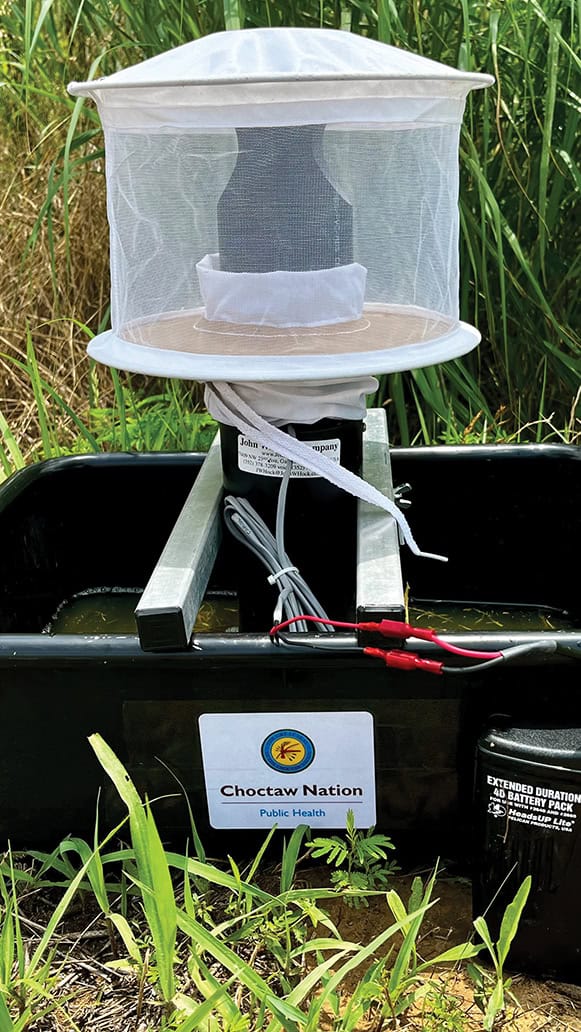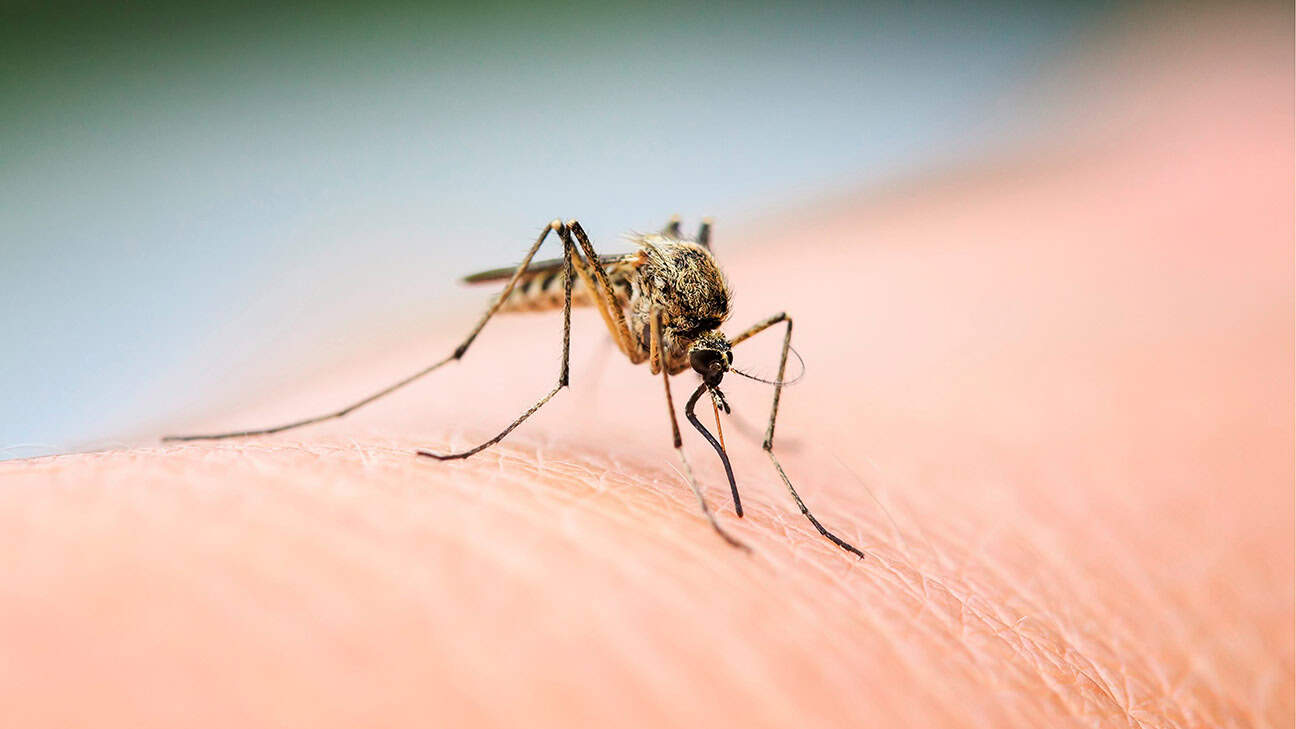
Mosquitos suck; don’t let the bite get you down
Choctaw Nation mosquito surveillance program begins in Southeastern OklahomaPublished July 2, 2024By Chris Jennings
The Choctaw Nation has begun a mosquito surveillance program with support from the Centers for Disease Control and Prevention (CDC). Surveillance traps have been placed across the reservation to capture and test mosquitoes that may be carrying West Nile virus.
“We’re going to be setting mosquito traps across every county within Choctaw Nation to collect mosquitoes and send them off to be analyzed to see if any of them are carrying West Nile virus,” said Mason Emert, an epidemiologist with the Choctaw Nation.
According to the CDC, West Nile virus is the leading cause of mosquito-borne disease in the continental United States, with nearly 47 states reporting human cases. It’s most prevalent during mosquito season, which starts in the summer and continues through fall.
The West Nile virus circulates in the environment between mosquitos and birds. A mosquito, most commonly the Culex species, must first feed on an infected bird before it can transfer the virus to humans when it bites them.
There is no documented evidence of the West Nile virus being spread from person to person or animal to person. In a very small number of cases, the virus has been spread through organ transplants, blood transfusion, and from mother to baby (pregnancy, delivery or breastfeeding).
The traps will be collected and sent to the CDC for analysis.
“From there, we’ll be able to notify the public of health risks, identify possible diseases like West Nile virus, and work with those communities to help come up with a mitigation plan and make people aware so they can take greater precautions, especially those who are more vulnerable to West Nile,” said Emert.
Serious illness can occur in people of any age. However, people over the age of 50 and some immunocompromised persons, such as transplant patients, are at the highest risk of getting severely ill when infected with West Nile virus.
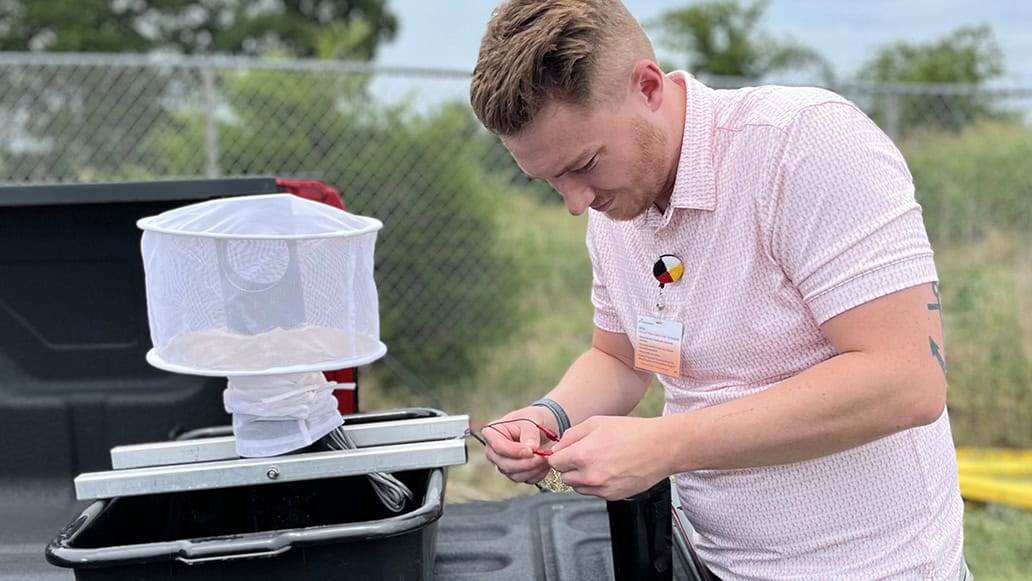
According to Emert, while most West Nile cases will go asymptomatic, some are more at risk than others.
“They [West Nile cases] aren’t necessarily diagnosed until they get into encephalitis or late stage, but individuals who are immunocompromised, younger or have underlying health conditions are certainly at higher risk.”
According to the World Health Organization (WHO), about 80% of people infected with the West Nile virus will show no symptoms. For some, it can lead to West Nile fever or severe West Nile disease.
About 20% of people who become infected with West Nile virus will develop West Nile fever. Symptoms include fever, headache, tiredness, body aches, nausea, vomiting, occasionally with a skin rash on the upper portions or trunk of the body and swollen lymph glands.
The symptoms of severe disease, such as West Nile encephalitis or meningitis, include headache, high fever, neck stiffness, stupor, disorientation, coma, tremors, convulsions, muscle weakness, and paralysis. About 1 in 150 persons infected with the West Nile virus will develop a more severe disease.
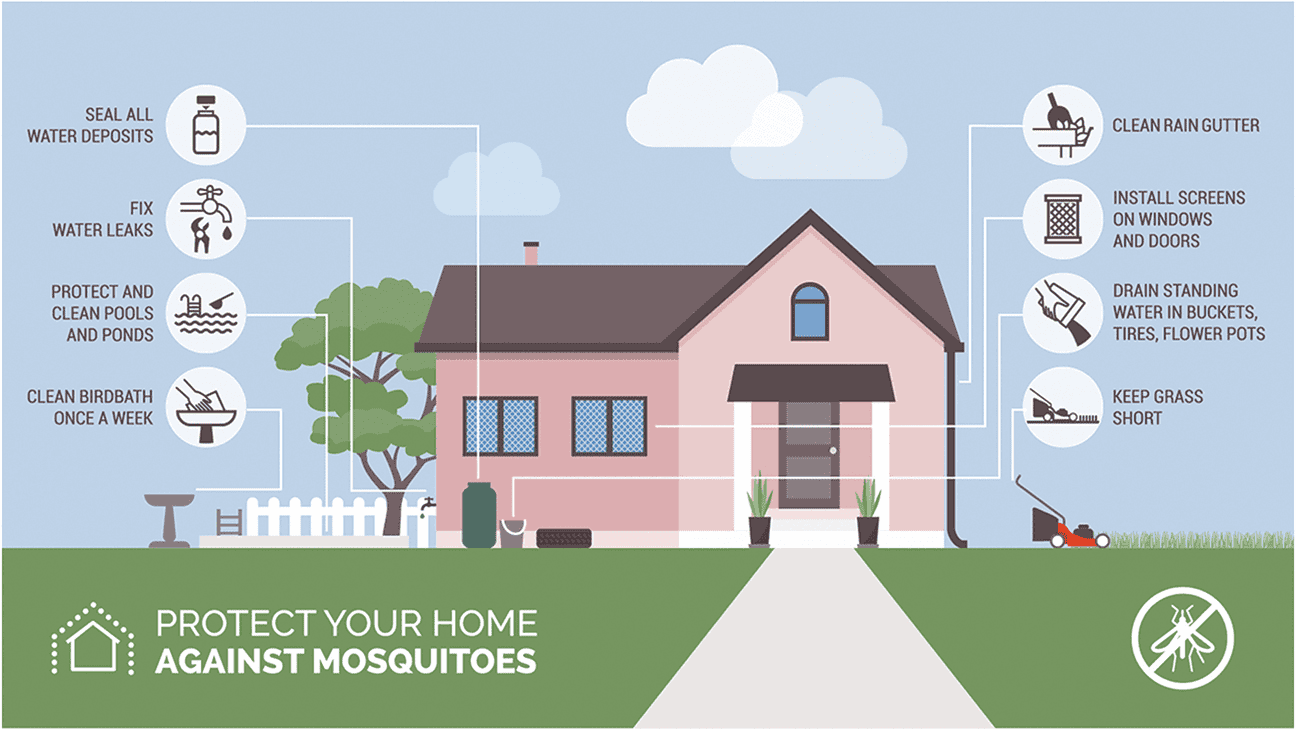
Rikki LaRoche, public health director with the Choctaw Nation, says they will be strategic about where the traps are placed.
“They [the traps] will be placed in low-lying areas with standing water where mosquitoes breed,” LaRoche said.
She also urged people not to interfere with the surveillance program.
“If you do see one of these, just refrain from touching it,” said LaRoche. “It’s a testing program in place.”
There are no vaccines or medicines to prevent or treat West Nile in people, so the best course of action is to reduce your risk of contracting West Nile by avoiding mosquito bites.
The best methods to protect yourself from mosquito bites are to wear loose-fitting, long-sleeved shirts and pants and treat your clothing and gear. The CDC recommends using EPA-registered insect repellents with one of the following active ingredients:
- DEET
- Picaridin (known as KBR 3023 and icaridin outside the United States)
- IR3535
- Oil of lemon eucalyptus (OLE) — A plant-derived ingredient
- Para-menthane-diol (PMD)
- 2-undecanone — A plant-derived ingredient
When used as directed, EPA-registered insect repellents are proven safe and effective, even for pregnant and breastfeeding women.

Emert recommends also inspecting your surrounding area at home to ensure you don’t have any potential mosquito breeding grounds.
“Make sure areas around your home don’t have spots that water can collect and mosquitoes can breed,” said Emert. “Old tires, playground equipment or just things that can collect water outside, make sure they’re drained and use a larvicide in areas that do require standing water.”
The CDC recommends that you empty and scrub, turn over, cover or throw out items that hold water, such as tires, buckets, toys, pools, birdbaths, flowerpot saucers or trash containers.
LaRoche says there are also potential natural means of control.
“There are actually several plants that you can plant in your garden, around your porches and areas that you may sit outside that can help keep mosquitos away,” LaRoche said.
LaRoche suggested oregano, peppermint, rosemary and lemongrass. Other plants often suggested to help ward off mosquitos are lavender, marigolds, basil and catmint.
Emert said if any mosquitoes trapped test positive for West Nile virus, that information will be released to the public.
You can also check the Choctaw Nation Fight the Bite page to stay updated with new developments and get tips on preventing mosquito and tick bites.
